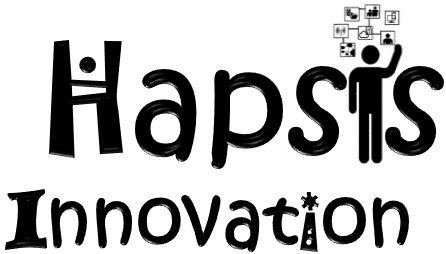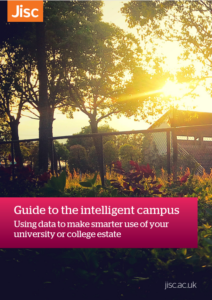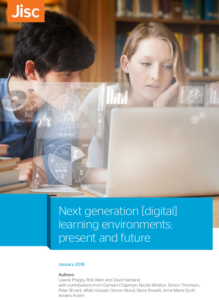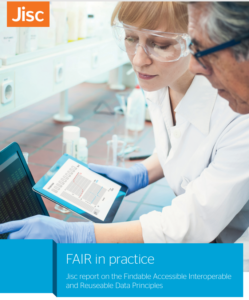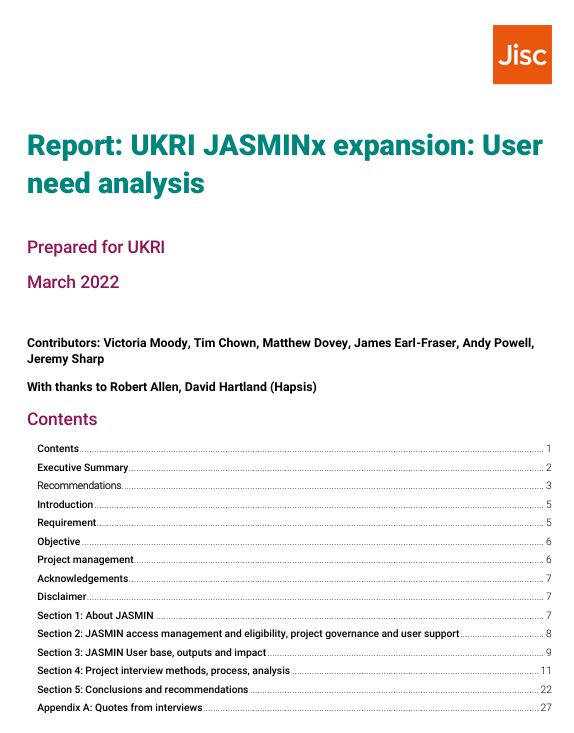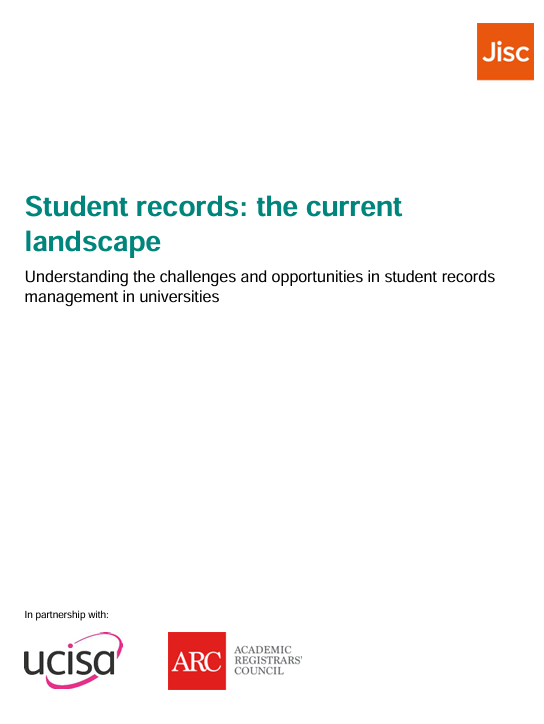Completed projects include:
Researching and developing two guides on Intelligent Campus, complemented by a comprehensive series of use cases. This work focused on effective ways to use data gathered from both the physical estate and learning and student data from institutional systems. The aims were to provide a richer experience for students and optimise the physical environment in areas such as comfort, convenience, energy usage, socialising and collaboration. This included support for research, sharing equipment, ethical issues and analytics. The outputs were widely disseminated and used to feed into other work through events and communications.
- Next Generation Learning Environments guide and use cases
Writing and researching a major publication on Next Generation Digital Learning Environments, including interviews and collaboration with key thought leaders and innovators in the sector. This publication studied current innovative practice in learning environments and emerging trends and technologies to inform Jisc’s future co-design work. The work involved direct engagement with innovators in the sector, interviewing them about their work and their views on the future. The publication was widely communicated through the blog and twitter as described in the next question on outputs, and had significant downloads from the repository.
- FAIR in Practice report on the FAIR data principles
As part of Jisc’s work on open access research data the Hapsis team were asked to create a major report investigating FAIR (Findable, Accessible, Interoperable and Reusable) data. The report investigated the meaning and potential impact of the FAIR data principles in order to advise the research community. The work included the creation of an experts group to advise on, and review, the team’s work, a set of community events with research practitioners and support staff, as well as interviews with key individuals including, senior researchers in biological sciences, digital humanities chemistry and social sciences, along with journal publishers
Hapsis were commissioned by Jisc to join their project team to provide interview, analysis and market research expertise for an engagement exercise for UKRI. This activity aimed to evaluate the potential for the JASMIN facility (a data-intensive computing facility for the environmental science community) to be expanded to meet the requirements of other research communities.
- Optimising the UK’s university Research Infrastructure Assets
To better understand the research equipment and asset landscape, including the opportunities and challenges of, and potential for, more innovative approaches to the digital management of the research equipment, a set of interviews, written responses and a focus group with, in total, over 30 key stakeholders took place leading to a thematic report and case studies.
- Student Records – the current landscape
This Jisc project was collaborating with UCISA and ARC on understanding the needs of the sector in relation to student record systems. This involved interviewing HE staff across IT and academic registry to identify pain points and explore opportunities for improvements and innovation. The main focus of this project was how data is collected by the SRS or other interfaces, how it is shared with other systems and how it is processed to produce meaningful organisational data for the institution to make business decisions. The work was overseen by an advisory group of CIOs and academic registrars alongside other key stakeholders such as APUC.
- Review of Research Infrastructure
Working for a respected HE health research institution, this project assessed the current environment for supporting research in the context of digital infrastructure, applications and services, but also in terms of governance, management and organisation. The work involved reviewing a range of existing documentation (including strategies, remits, technical documents and organisational structures), and interviews with key stakeholders. A technical architecture was created with current and future designs, and a report developed with analysis, conclusions and a set of recommendations to take forward as a next stage in changing the research infrastructure environment at both technical and governance levels.
- International Baseline
Working for a national charity, this project was to provide a snapshot of the international activities across the organisation, exploring alignment with organisational strategy and international priorities. It sought to identify the international activities, including services, collaborations and partnerships, projects and networks, and the staff involved in those activities. Areas of interest included funding sources, time spent on international work, an indication of costs involved, governance, coordination, risks and benefits. The report concluded by exploring opportunities, gaps and recommendations.
- Learning spaces landscape study
- Development of online learning resources for Digital Capabilities
- Consultation workshop for Digital Skills for Researchers
- Review and transition of the Excellence Gateway for the Education and Training Foundation
